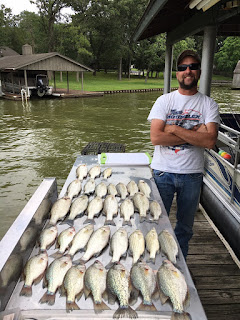 MAY 25 - 29
MAY 25 - 29This week is all about practicing what you already know. Take the time to go through the speech folder. Find your speech cards:
(if you don't have your cards, click on the tab Speech Sounds in this blog and you can find a list)
Practice saying words 3 times each day.
Practice the"sound hunt"words from week 2.
Use activities from Week 6 to help you carryover good speech and language skills.
(I think I encourage doing this one the most!!)
PARENTS: Remember speech and language opportunities happen all the time. YOU are a good "model" for your child. Have fun and enjoy talking with your kids!






